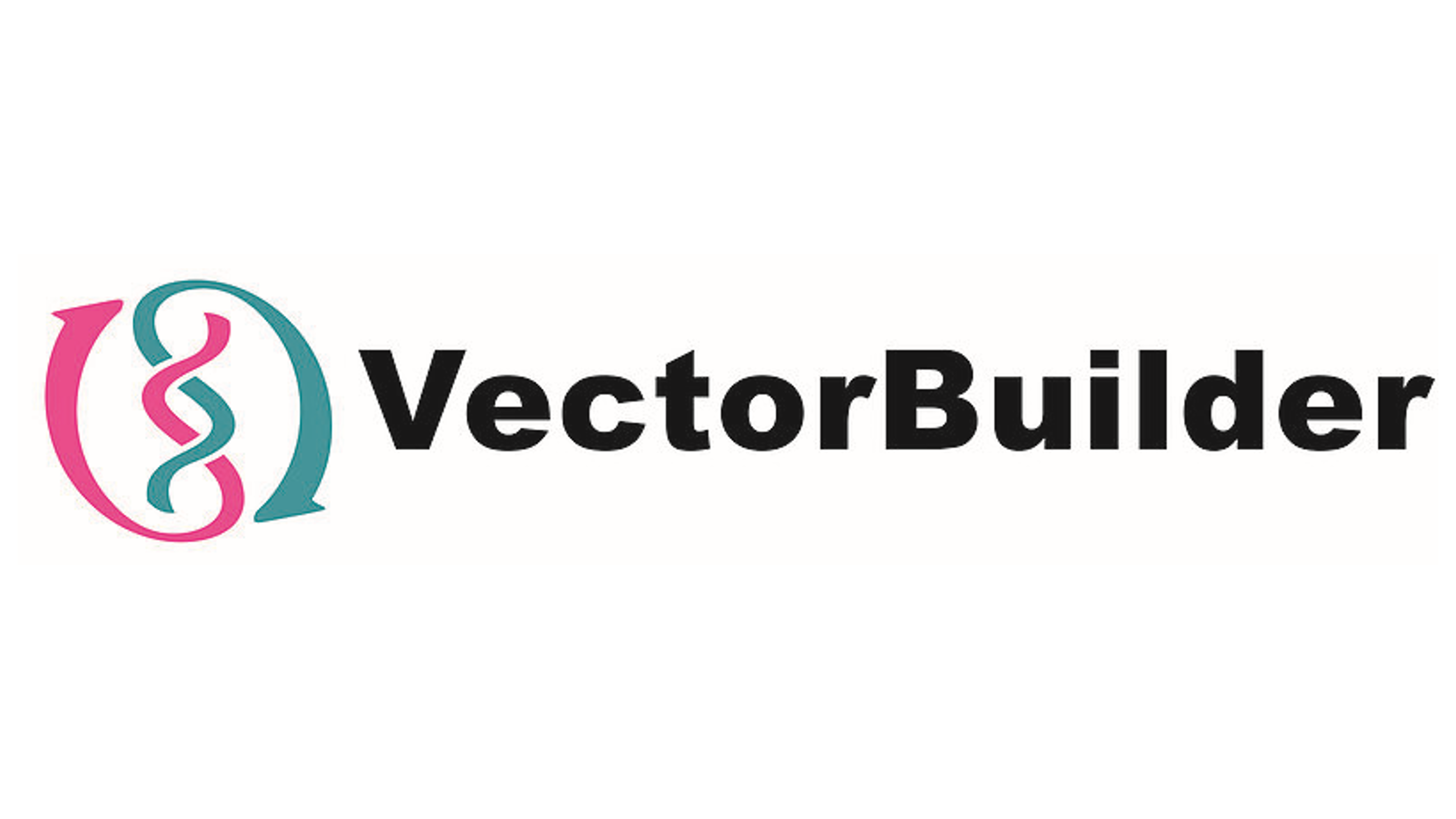IHI to pilot novel, applicant-driven approach to next call for proposals

While previous IHI calls defined the challenges applicants should address, call 9 will invite applicants to identify untapped opportunities in the IHI Strategic Research and Innovation Agenda.
Key dates and links
10 October: Online info session on the call and the brokerage platform and event – register here
Mid October: Publication of the draft call text on our Future Opportunities page
12-13 November: Face-to-face brokerage event in Brussels, Belgium – register here
14 November: Online meeting rooms made available via brokerage platform for further consortium meetings
Early 2025: Official launch of the call
The brokerage platform will remain open for registration and networking until the call deadline.
Boosting innovation for a competitive European health ecosystem
Until now, the scope of all IHI call topics has been clearly defined in terms of the health challenges to be addressed and the outcomes and impacts expected from the resulting projects. This approach has resulted in a growing portfolio of projects addressing a wide range of disease areas such as cancer, dementia, diabetes and cardiovascular disorders, as well as cross-cutting issues in health research and innovation.
However, there are still untapped opportunities in our IHI Strategic Research and Innovation Agenda (SRIA) for novel ideas on how to harness new science and technologies to foster the development of health innovations.
This is why IHI call 9, which is scheduled for launch in early 2025, has a much broader scope than previous calls, as it will welcome proposals covering any aspect of the SRIA.
“In the past, we told you which challenges we wanted you to work on. This time, we’re turning things around – we want you to tell us what opportunities there are in our SRIA,” explained IHI Executive Director Niklas Blomberg. “If you have a great idea for a public-private partnership, we’d love to hear from you!”
Proposals will still have to adhere to the philosophy of IHI. In other words, they will have to:
- address an unmet public health need;
- require a large-scale, ambitious, cross-sector, public-private partnership;
- have clearly-described impacts on society, the economy and science;
- take account of the pre-competitive nature of IHI projects.
A standard, single-stage call
From a procedural point of view, IHI call 9 will be a standard, single-stage call for proposals. In practice, this means that applicants will have to ensure that half of their project’s costs are covered by in-kind contributions from IHI’s industry members and (if relevant) IHI contributing partners.
Sign up for our info session and brokerage event
To help potential applicants share ideas and start building a consortium, IHI has set up an online networking platform and will hold a face-to-face brokerage event in Brussels on 12-13 November. In addition to extensive networking time, the event will feature pitches on project ideas and posters from organisations keen to participate in new projects. As a first step, and to tell people more about the call and how to get the most out of the brokerage platform and event, IHI will hold an online info session on 10 October.
Refresher: the IHI SRIA objectives
In their proposal, applicants will have to select the SRIA specific objective that their proposal falls under. Applicants should therefore study the SRIA carefully. Meanwhile, here is a reminder of the titles of the specific objectives in the SRIA:
- Improve our understanding of the factors that affect our health and the development and treatment of certain diseases.
- Integrate fragmented health research and innovation efforts by bringing together health industry sectors and other stakeholders. This will enable the development of tools, data, platforms, technologies and processes that will in turn facilitate the prevention, diagnosis, treatment and management of diseases, especially in areas where there is an unmet public health need.
- Demonstrate the feasibility of integrated healthcare solutions that draw on various technologies from different sectors and address the needs of the people who will use them, such as patients and healthcare professionals.
- Make better use of opportunities to gather health data and use it in research and care, all while respecting relevant privacy legislation.
- Develop ways of assessing the value of innovative, integrated health care solutions to patients, carers, healthcare professionals and organisations, and other stakeholders.




